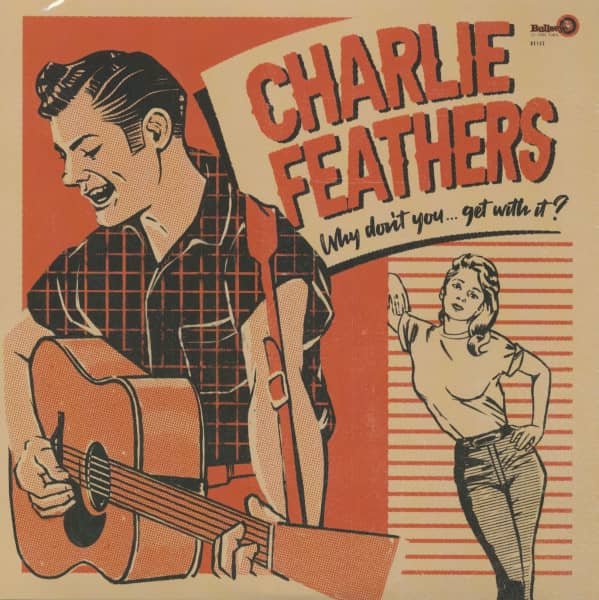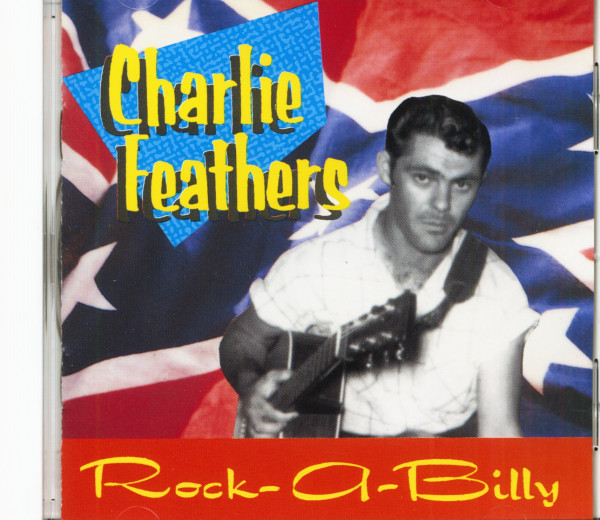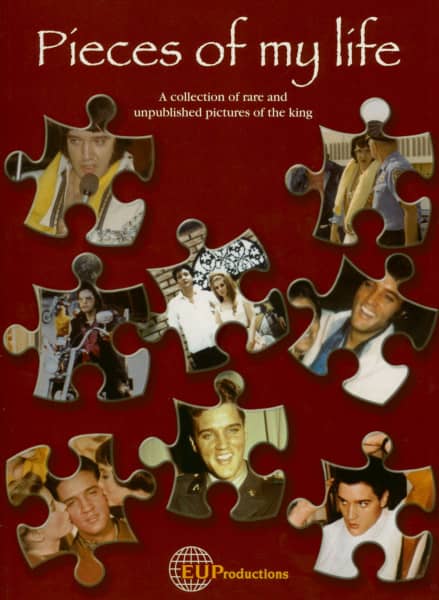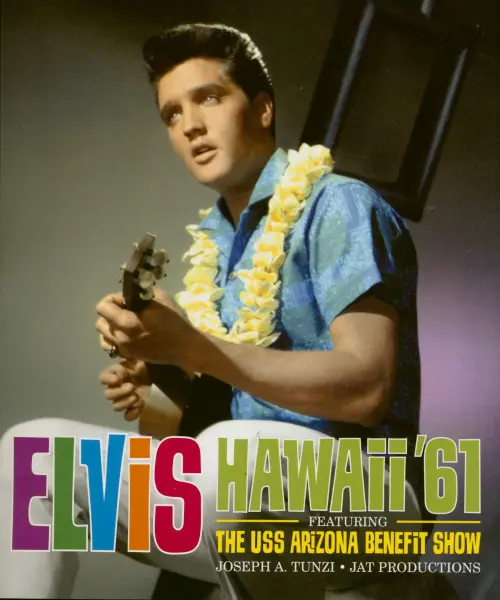Article successfully added.
Charlie Feathers Jungle Fever (LP)
This article is deleted and can no longer be ordered!
Please inform me as soon as the product is available again.
- catalog number: LPKAY5045
- weight in Kg 0.21
P
Secure
bonuspoints now
Weitere Artikel von
Charlie Feathers

Ready to ship today, delivery time** appr. 1-3 workdays
$20.34
*
$17.94
*

Item has to be restocked
$29.94
*

Item has to be restocked
$41.94
*

Item has to be restocked
$14.34
*
$11.94
*

















